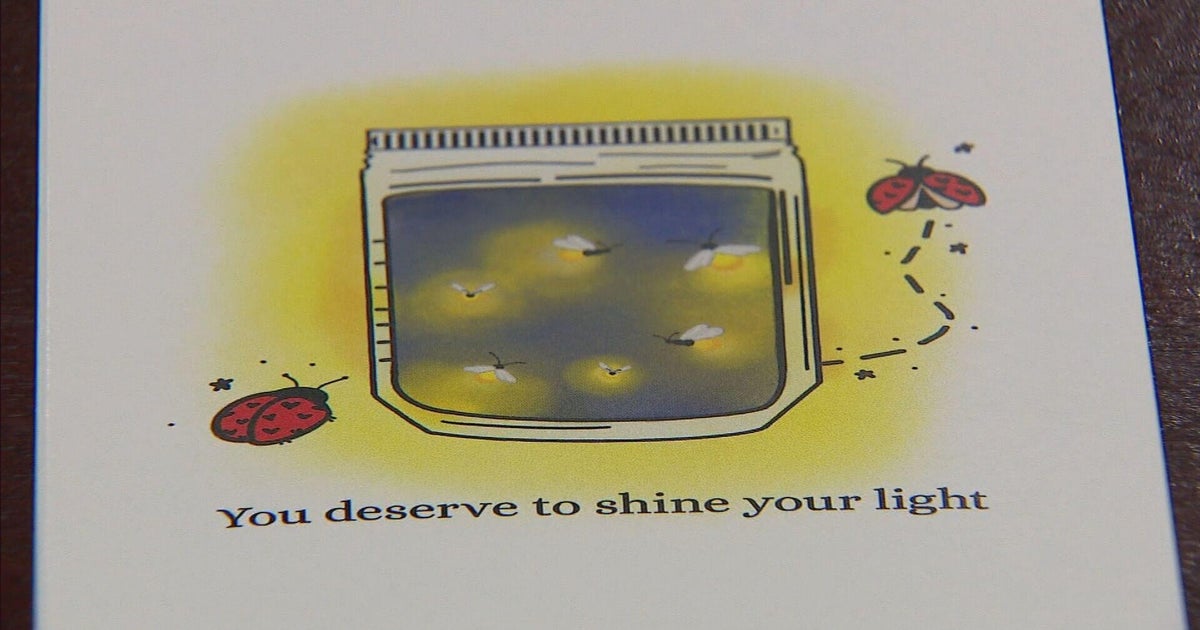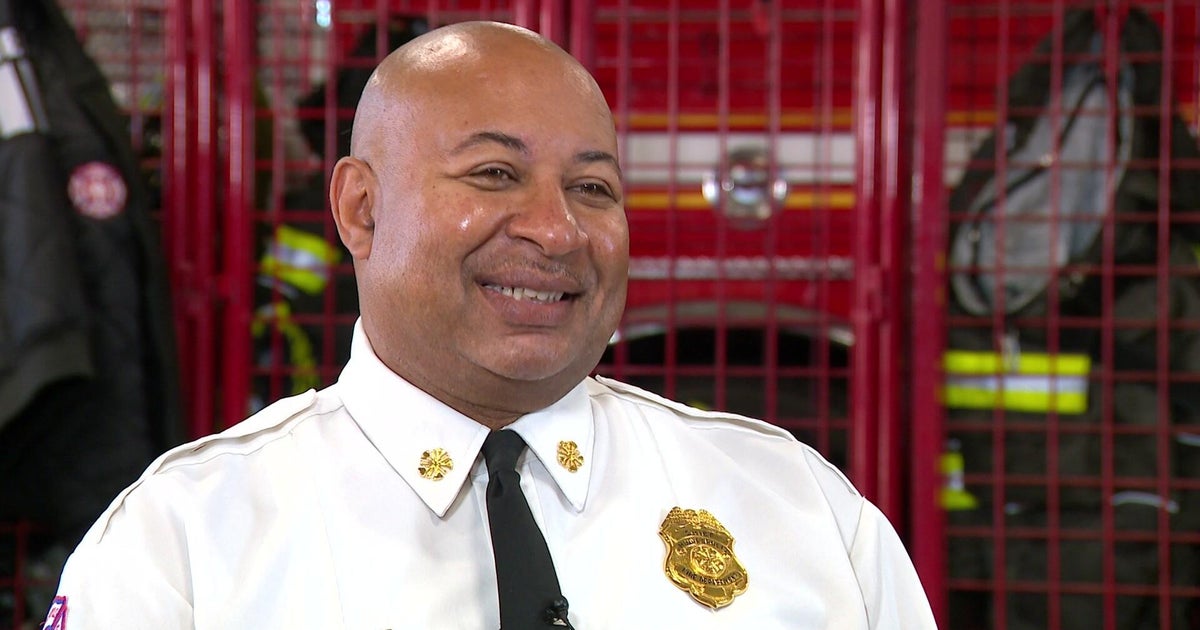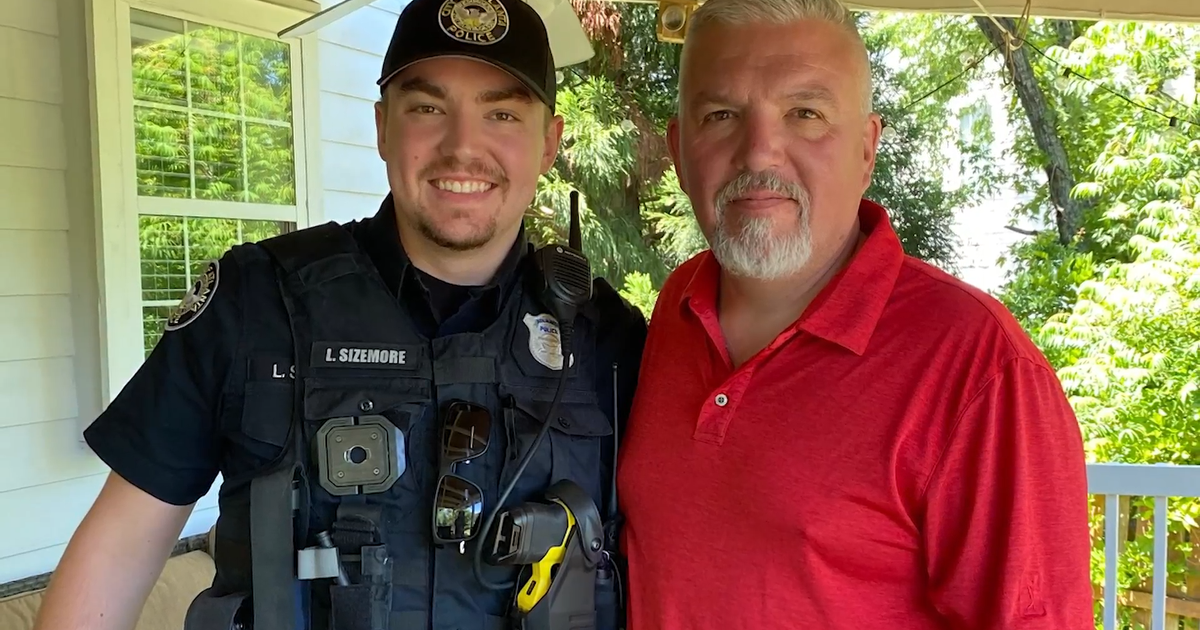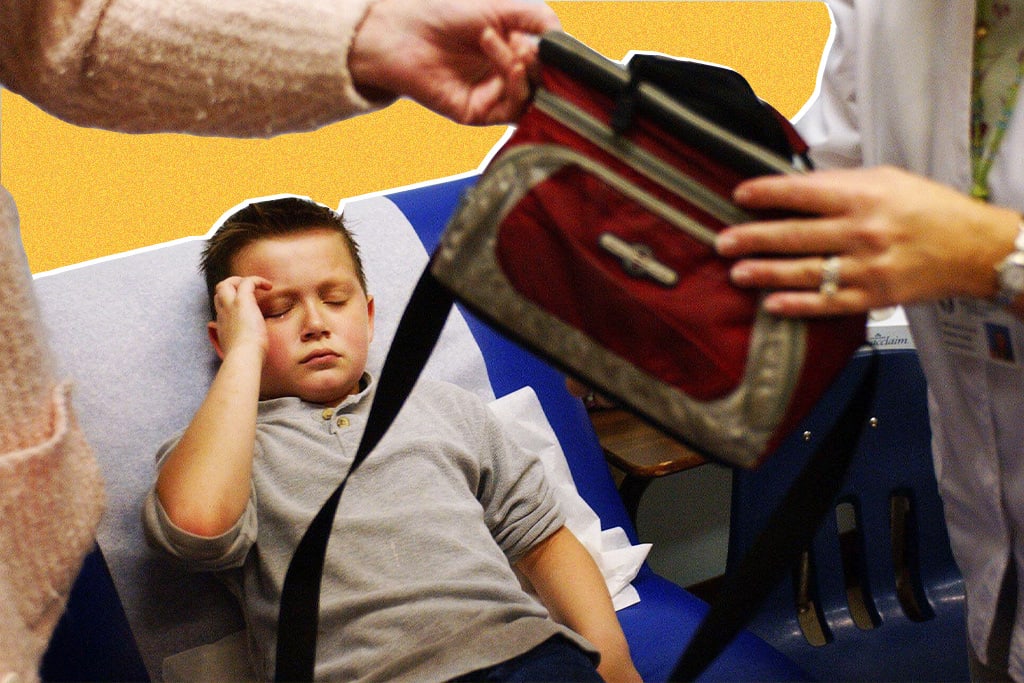How nature can be therapy for kids stuck indoors during the pandemic
A recent report from the U.S. Surgeon General warns of a "devastating" mental health crisis among young people. A year spent largely indoors during the pandemic has only made the situation worse.
Some experts say time outdoors can help reverse this trend and help kids find a sense of normalcy.
High school seniors Donnae Sullivan and Kyla Jackson didn't always think the great outdoors were so great. But for the past six years, the two have participated in City Kids Wilderness Project, a nonprofit program that works to empower children and teens by connecting them with nature.
"I didn't really like going outside because I didn't like bugs," Sullivan told CBS News chief legal correspondent Jan Crawford. "I really was terrified of things flying on me. So my best choice was to stay in my house."
Jackson said she liked staying indoors because she was a homebody.
"To be honest, I wasn't really adventurous as much as I am now because I explore everything now," she said.
But the program has relieved stress, Sullivan said. Jackson said nature allows her time to herself.
"In nature, like you can just go away for yourself, like, you know, if you're around other people, you can step away and go relax," Jackson said.
After a year of pandemic lockdowns, both girls said they understand what experts are talking about. The problem extends to younger children as well, as the pandemic shut down playgrounds and kids were stuck in their rooms and glued to their screens.
"They're losing social skills and communication skills because they are locked up inside," City Kids program manager Paige McLaughlin said. "I'm talking anxiety, depression, they aren't as social anymore."
The "healing powers" of nature are well-documented. Blood pressure, diabetes, attention deficit disorder — all improve with some time spent outside.
Author Richard Louv coined the phrase "nature deficit disorder" to capture what's happening in the online generation.
"Just walk through trees in an urban park and the symptoms of attention deficit go down with kids as young as 5 years old," he said. "As a species, we are hardwired to have an affiliation with the rest of nature. We need the rest of nature. When we don't get enough of it, we don't do so well."
But most kids aren't getting it. Kids spend only four to seven minutes a day of unstructured play outside, compared to an average of seven and a half hours on electronic media, according to a recent study. A study from the U.K. paints an even bleaker picture: Kids spend about the same amount of time outdoors as inmates in prisons.
The lockdowns forced City Kids to cancel their programs, including their annual trip to Wyoming, which aims to teach kids about perseverance and resilience.
"So we do things that are difficult. So we go kayaking, we go whitewater rafting, we go camping, we go backpacking and we do things that are hard," McLaughlin told CBS News.
As Sullivan and Jackson get ready to head off to college, they see the struggle of stepping back out into the world.
"Going back into the real world and going back to your normal routine has been really hard," Jackson said.
Sullivan added: "It became stressful because it's like we're used to being virtual. We're used to just seeing people on a screen."
But they know their answer is right outside.
"It's almost like an automatic switch," McLaughlin said. "And you see the happiness return, you see them ready to try anything."





